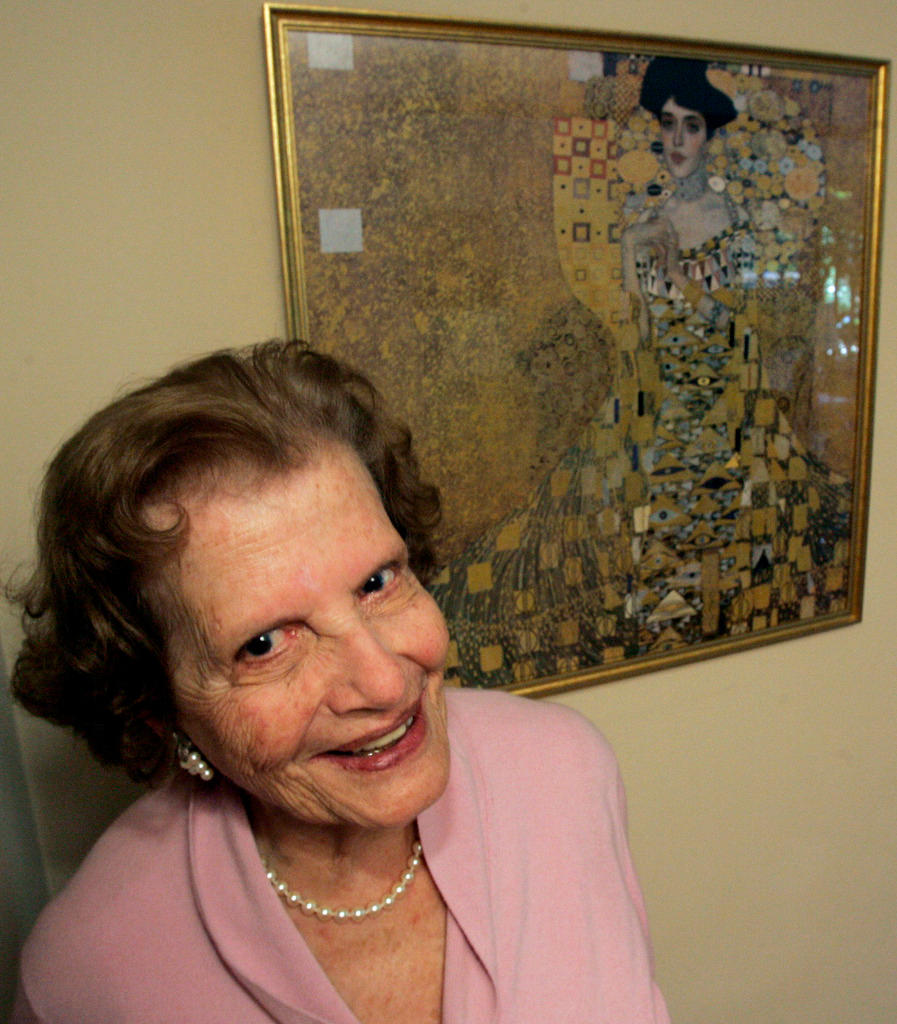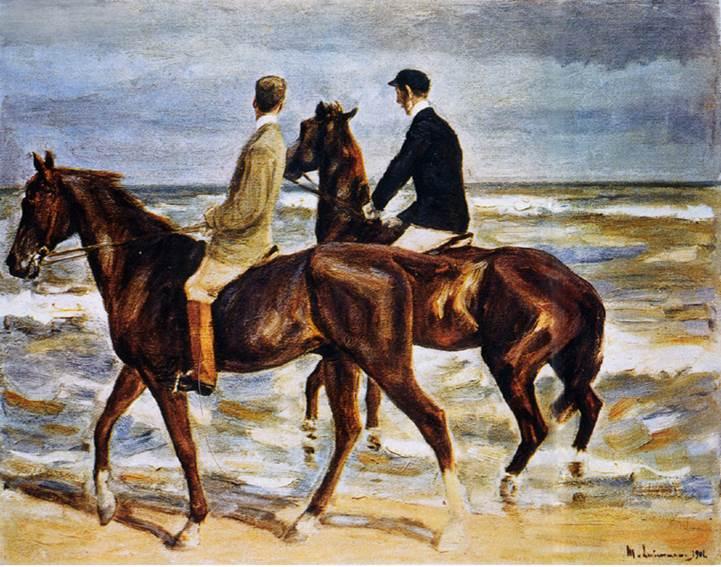
Swiss field just two looted art claims in seven decades

A new Swiss government report on the handling of art stolen and looted from the Nazi era says the country will focus on ways to authenticate ownership and fairly solve disputes.
The Federal Office of Culture reportedExternal link on Wednesday that Switzerland has faced only two cases since the end of the Second World War in 1945 demanding the return of artworks – and rejected one of the claims, but agreed to the other.
Switzerland’s top priorities through 2020 will be the financing and publishing the provenance research carried out by museums and collections and helping encourage “just and fair solutions” to determine ownership.
The report on government policy since 2011 – the second such five-year report – seeks to rectify Switzerland’s role in handling some of the many artworks confiscated in Germany and in annexed and occupied countries under the domination of the Nazis from 1933 to 1945.
Much of the art stolen and looted from victims of the Holocaust wound up abroad, including Switzerland, during and after the era of German National Socialism.

More
The Gurlitt art collection no one – and everyone – wants
Switzerland says it is committed to implementing the non-binding guidelines, or “best practices”, which it and dozens of other nations adopted in 1998, called the Washington ConferenceExternal link Principles on Nazi-Confiscated Art (the “Washington Principles”).
To that end, the Swiss have established a contact bureau for looted art and launched a programme to support museums and collections in their provenance research – for which CHF2 million ($2.02 million) is allocated from 2016-2020.
It also launched an internal portal and hosted an international conference for the exchange of information on Nazi-looted art.
Two cases
The report notes that the Swiss government investigated the provenance of its collections in 1998, and published the results in a report.
Over the past five years, the contact bureau says it dealt with two cases involving restitution claims about artwork owned by the government – rejecting one of them, but agreeing to the other.
“These are the only two cases of restitution demands on the Swiss Confederation since 1945,” the report says.
One claim, in 2010, was brought in a New York court seeking the return of an 1888 drawing by Vincent Van Gogh. The drawing, View of Les Saintes-Maries-de-la-Mer, was part of a collection donated to the Swiss by collector Oskar Reinhart in 1958.
Switzerland rejected the claim because Reinhard bought the drawing for a fair price from someone in 1933, and New York courts denied the claims in 2011 and 2012.
“Provenance research had yielded the conclusion that the work could not be seen as Nazi-looted art in the sense understood by the Washington Conference Principles,” the report says.
The second claim, in 2012, involved a silver drinking vessel in the form of a lark, known as the 17th century “Lerber Lark”, by Nicolas Matthey. It was in the Swiss National Museum but came from the estate of the Jewish collector Emma Budge.
The piece was bought at auction in Berlin in 1937 and the proceeds went to a blocked account controlled by the Nazis, instead of Budge’s heirs. As a result, the report says the Swiss cabinet “gave permission for the work to be handed over to the heirs without compensation”.

In compliance with the JTI standards
More: SWI swissinfo.ch certified by the Journalism Trust Initiative


























You can find an overview of ongoing debates with our journalists here . Please join us!
If you want to start a conversation about a topic raised in this article or want to report factual errors, email us at english@swissinfo.ch.